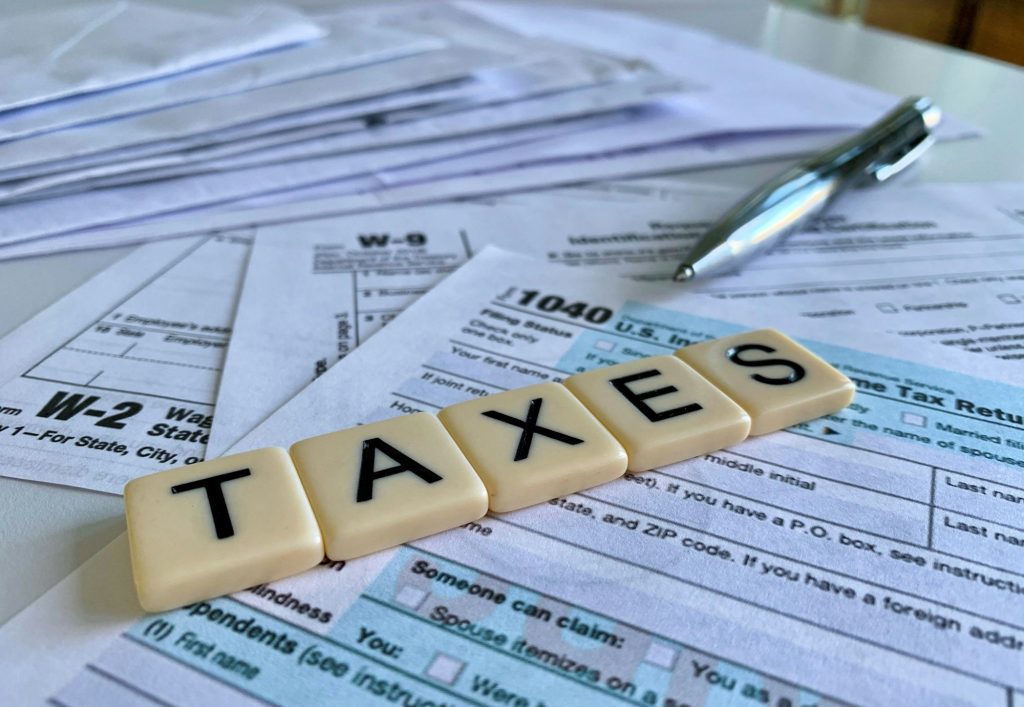941 Employment Taxes and the Trust Fund Recovery Penalty
Employment Taxes and the Trust Fund Recovery Penalty
It is not uncommon for a business to be accrue 941 tax liabilities. Perhaps a business was not paid from a third party or other issues lead to the business being short on cash flow. When a business is short on cash flow, often the employer pays the net wages to their employees but fails to pay the employment taxes (social security and Medicare tax) to the Internal Revenue Service. Although, the IRS may not have appeared to be the most urgent creditor in terms of the immediate operation of the business when the payroll taxes were not paid, failing to pay 941 taxes to the IRS can lead to big problems for the business. If a business owes employment taxes, or has unfiled 941 employment tax returns a tax attorney should be contacted immediately. The McGuire Law Firm has extensive experience in working with clients and the IRS to resolve 941 tax debts and issues.
What Are Employment Taxes?
Employment taxes are what an employer withholds from an employees paychecks and pays over to the IRS as a 941 federal tax deposit, which is composed of social security and Medicare tax and the federal withholding. The social security and Medicare tax are paid half by the employee and half by the employer. Thus, half of what is called the FICA tax is withheld from the employees paycheck at 7.65% and the employer also matches this 7.65% to compose the total 15.3% of the social security and Medicare. All of the federal withholding is withheld directly from the employee’s paycheck and the employer does not “match” the federal withholding.
What is the 941 Trust Fund Portion and the Trust Fund Recovery Penalty?
It is extremely important to note that the federal withholding and employee portion of the social security & Medicare taxes (not the employer matching portion) is deemed a “trust fund” tax meaning because the employer is withholding and then holding these funds to pay over to the government via federal tax deposits. Section 6672 of the Internal Revenue Code allows the IRS to hold individuals from within the business such as the owners, officers and directors to be personally responsible for the 941 trust fund portion when 941 taxes are not paid. Yes, individuals can be held personally responsible for a portion of the businesses total 941 tax debt. The trust fund portion is of the 941 debt is assessed to one or more individuals from within a business through what the IRS calls the Trust Fund Recovery Penalty. Multiple individuals can be personally assessed this trust fund portion and the tax debt is considered a joint and several liability meaning each individual who is assessed the trust fund recovery penalty owes the entire amount of the liability. Thus, because of the joint and several liability, the IRS can technically collect the entire trust fund amount from one individual. Once and individual is assessed the trust fund recovery penalty the IRS will look to collect the tax debts from both the business that accrued and owes the 941 taxes and the individual and indivdual that have been assessed the trust fund recovery penalty.
How is the Trust Fund Recovery Penalty Assessed to Individuals?
The IRS proposes the assessment of the trust fund recovery penalty to an individual or individuals after conducting an investigation of the corporation and conducting the 4180 Interview. The 4180 Interview asks questions to determine the individuals that the IRS would consider to be responsible for withholding the tax and who willfully failed to remit the tax to the Internal Revenue Service. Generally, the IRS is aggressive in collecting 941 tax debts from businesses and also collecting trust fund recovery penalty from individual taxpayers. It is not uncommon for both the applicable business and responsible party or parties to be making payments simultaneously on the 941 and trust fund tax debts. The tax attorneys at The McGuire Law Firm have extensive experience representing both businesses and individual taxpayers regarding 941 tax debts, trust fund tax issues and debts, trust fund defense against the personal assessment and employment tax audits. It is highly recommended that a business with 941 tax issues, contact a tax attorney who has experience with these matters.
Contact The McGuire Law Firm to speak with a Columbus tax attorney and schedule your free consultation.
Our Attorneys
Call to speak with a tax attorney: (614) 810-6416

Get Your Free Consultation
To speak with a Columbus tax attorney, specializing in tax law or IRS matters, contact The McGuire Law Firm. (614) 810-6416
Free Consultation
Let us help you! Call now : (614) 810-6416